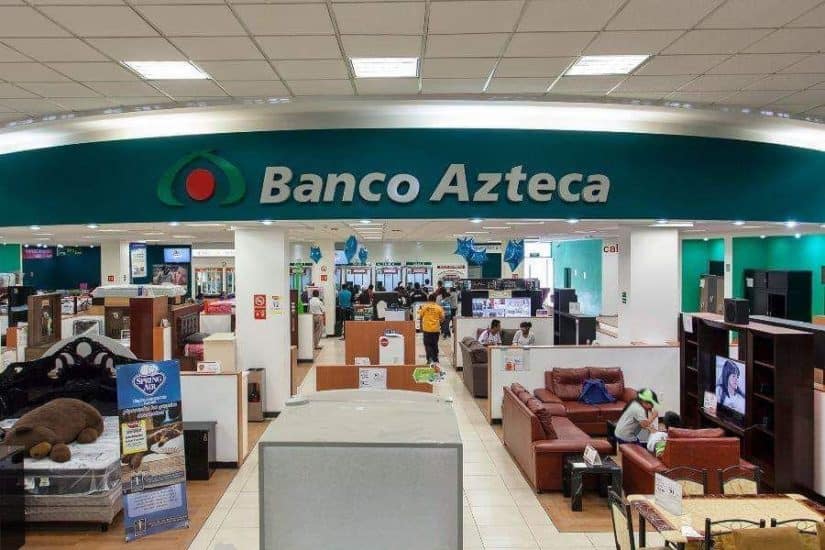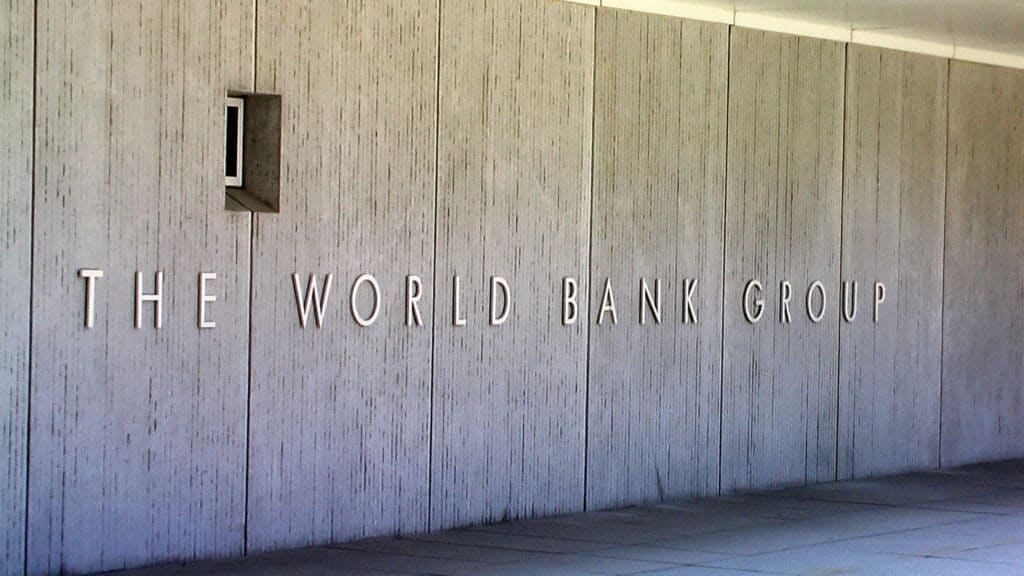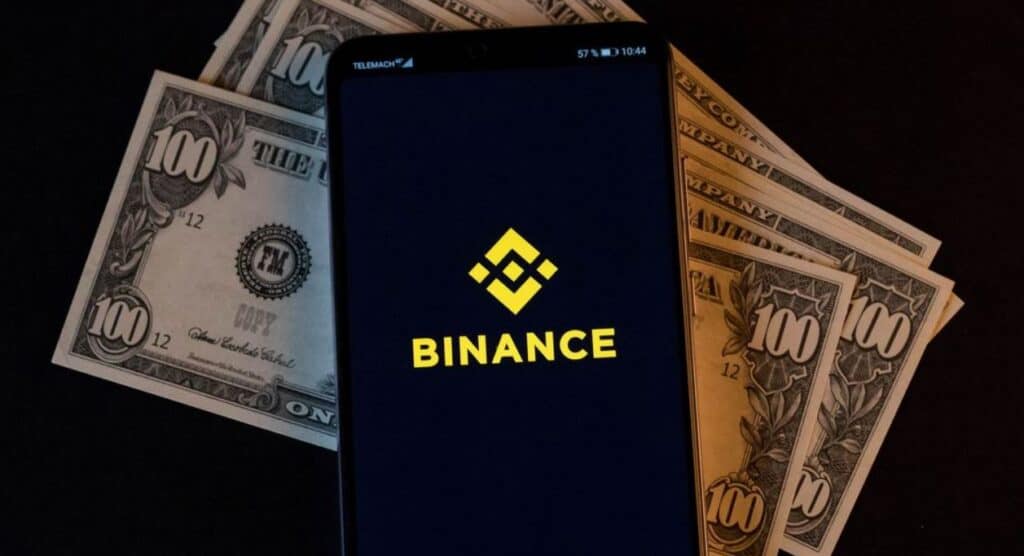The breaking news comes from the United States. The Department of Justice there has seized more than $3.6 billion in BTC that was likely stolen in 2016 from the Bitfinex exchange.
The two suspects
Ilya Lichtenstein (34), along with his wife Heather Morgan (31), are the people arrested and suspected in the notorious hack that took place on the Bitfinex exchange in the summer of 2016. The US Department of Justice seized over $3.6 billion in potentially stolen BTC. At this point, however, the main charge being applied against the pair is money laundering planning. Authorities thus accuse them of trying to illegally market the proceeds from 119,754 Bitcoin.
Recall that the hack that took place on the exchange resulted in the execution of more than two thousand unauthorized transactions and the transfer of the funds collected thereby, to an unknown cold crypto wallet.
Officials managed to seize nearly 94,000 coins, which were worth nearly $3.6 billion at the time of the seizure.
Assistant Attorney General Kenneth Polite Jr. commented on the case as follows:
“Today, federal law enforcement is once again demonstrating that we can track money through blockchain and that we will not allow cryptocurrency to be a safe haven for money laundering or a lawless zone in our financial system.”
This seizure is the largest in Justice Department history, and the pair themselves face up to 20 years in prison.
How did Bitfinex survive this hack?
In 2016, a hack on Bitfinex threatened the continued existence of the platform, despite it being one of the largest crypto exchanges in the world. Many internal user accounts were stolen, but not everyone experienced a loss. The exchange decided to take advantage of this and took very controversial actions that were met with huge criticism. Well, the losses were divided among all its users, so that each of them, the account shrank by almost 36%. Clients were also issued BFX tokens, with the equivalent of 1 BFX for every dollar lost as a result of the hack. Undoubtedly, these actions saved the exchange from sharing the fate of Mt. Gox.
Meanwhile, now that the issue has reached a breaking point, there is hope that most of the users’ losses will finally be redeemed.












